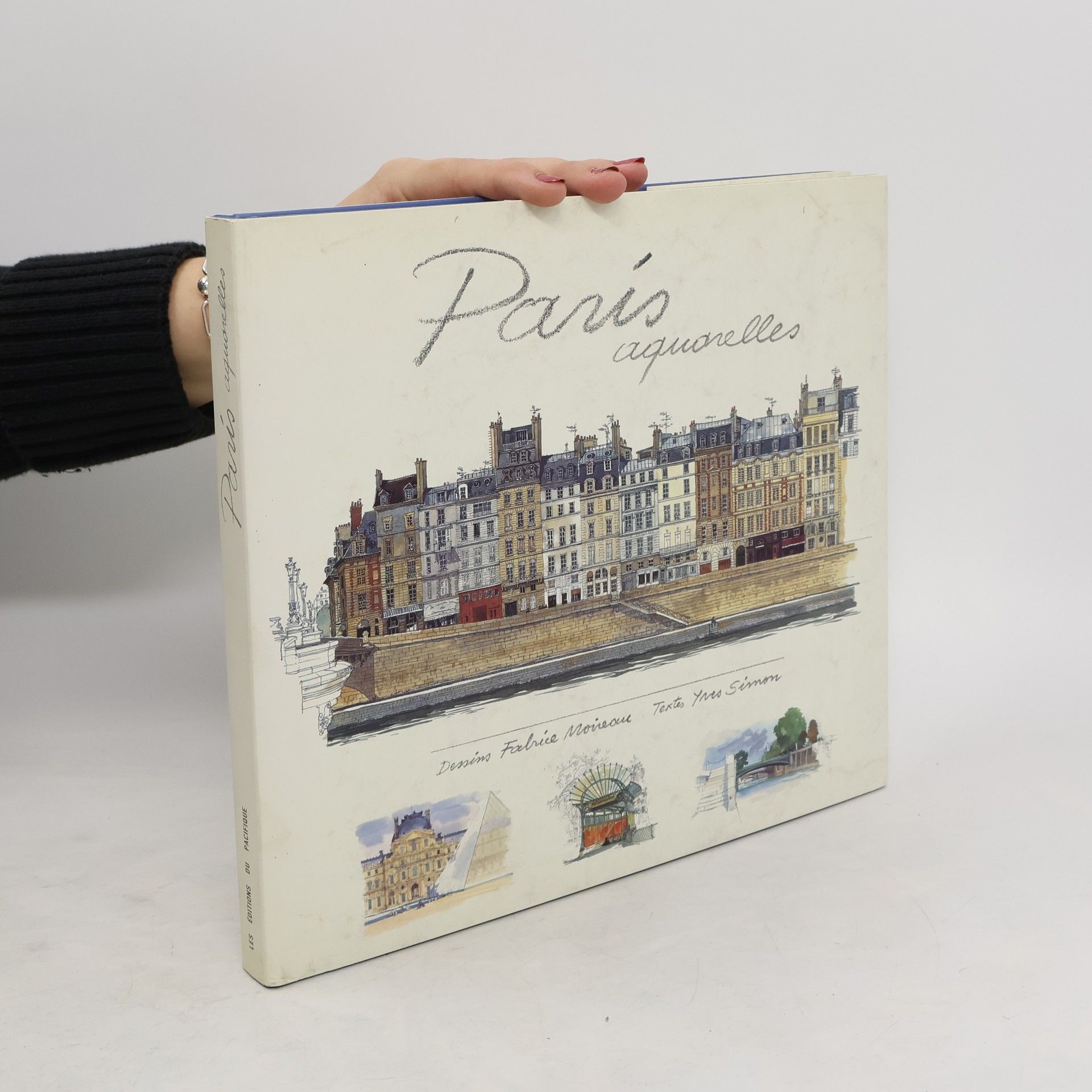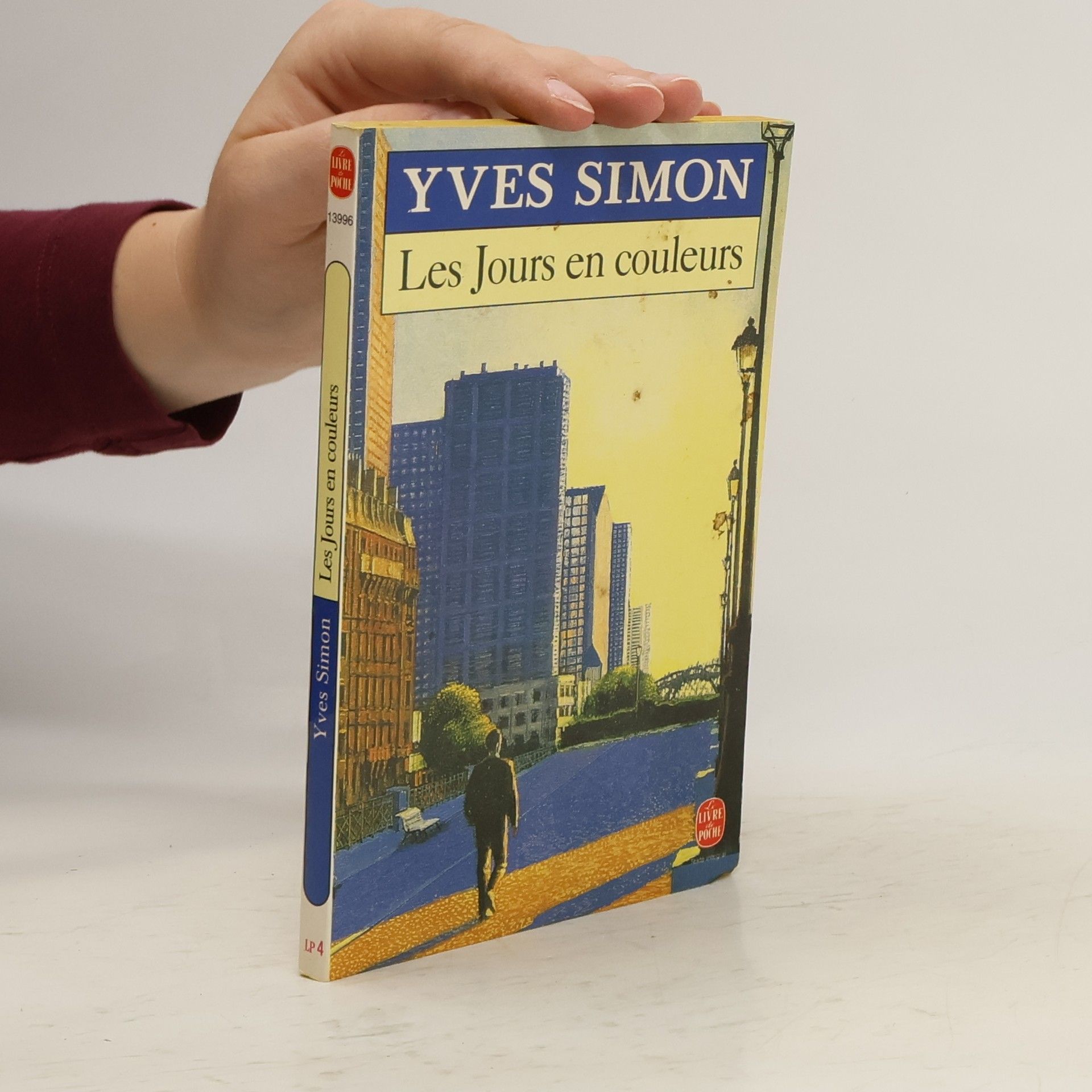Paříž v akvarelech
- 95 stránek
- 4 hodiny čtení
Hlavní záhlaví LinkMoireau, Fabrice, 1962- Název LinkPaříž v akvarelech / akvarely Fabrice Moireau ; text Yves Simon Vydání 5. vyd. Nakl. údaje Paris : Éditions du Pacifique, 2002 Popis (rozsah) 95 s. : barev. il. ; 26 x 29 cm Ve fondu LinkABA001 [NK ČR Praha] -- prezenčně LinkPNA001 [Studijní a vědecká knihovna Plzeň] -- sign. 32A11945 ISBN 2-87868-078-2 Další původce LinkSegers, Ivana LinkSimon, Yves Poznámka Přeloženo z francouzštiny "Přeložila Ivana Segers, kaligrafický přepis: Denisa Brosseau-Kerschová" Poznámka Obsahuje bibliografii Předmět. heslo LinkMoireau, Fabrice, 1962- Předmět. heslo * 20. století Předmět. heslo Linkakvarely -- Francie -- 20. stol. Linkumělecké náměty Předmět. heslo LinkPaříž (Francie) Forma a žánr * obrazové publikace * pojednání MDT Link75.021.32 Link7.04 Link(44) Link(049) Link(084.11) Systém. číslo 002306316









